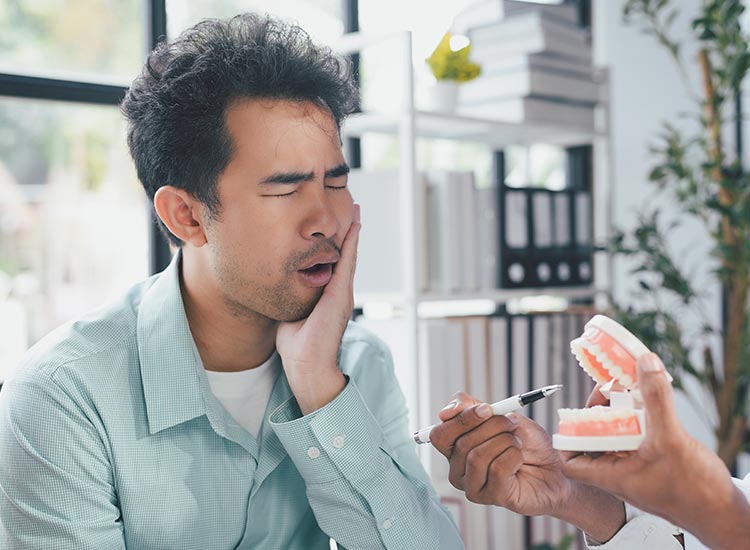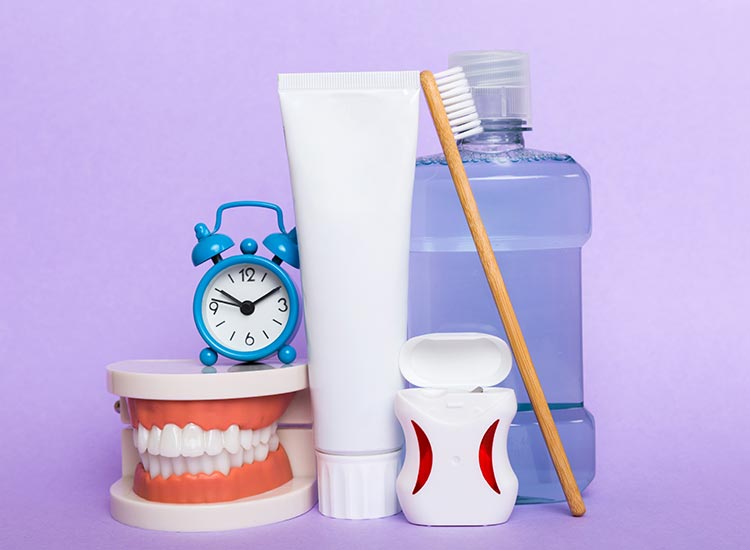Who needs dental prophylaxis?
Dental prophylaxis, or a professional teeth cleaning, is recommended for anyone who wants to maintain oral health and prevent disease, particularly those at risk for gum disease or cavities.
Key Points to Consider:
-
Prophylaxis helps remove plaque and tartar buildup.
-
It’s essential for preventing gum disease, cavities, and tooth loss.
-
Ideal for people with a history of dental issues or high plaque accumulation.
-
People with braces or other dental appliances should get it regularly.
-
Recommended for children, adults, and seniors to maintain optimal oral hygiene.
Why Dental Prophylaxis is Important for Everyone
Prevents Common Dental Issues
Dental prophylaxis is an effective way to remove plaque and tartar buildup that regular brushing and flossing can’t handle. Removing these deposits helps prevent cavities, gum disease, and bad breath. This professional cleaning goes beyond the typical home care routine, providing a deep clean to protect your oral health in the long term. Prophylaxis is especially important for individuals with a higher risk of dental problems, such as smokers or those with a history of cavities.
For children, prophylaxis ensures their teeth and gums remain healthy while they are still developing their daily brushing habits. Adults and seniors also benefit from regular cleanings to keep their teeth strong and avoid more complicated procedures in the future.

Who Should Get Dental Prophylaxis Regularly?
People with a Higher Risk of Dental Problems
Certain groups should consider more frequent cleanings based on their risk factors. Those with braces, dental implants, or other appliances can accumulate plaque more easily and may need cleanings every three to six months. People with medical conditions such as diabetes, heart disease, or weakened immune systems may also benefit from more frequent prophylaxis to reduce the risk of infections or complications. Additionally, individuals who are prone to gum disease or have a history of tooth decay should get regular dental cleanings to manage their oral health proactively.
